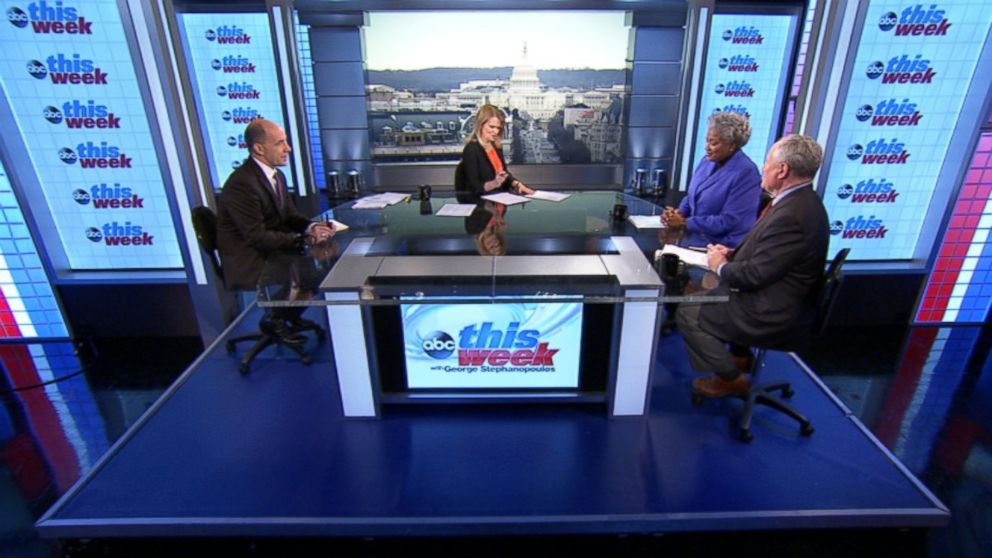‘This Week’ Transcript: Crisis in Ukraine, President George W. Bush

February 23, 2014— -- Below is the rush transcript for "This Week" on February 23, 2014 and it may contain errors.
RADDATZ: Hello again. I'm Martha Raddatz. Great to have you with us.
We're tracking breaking news this morning, the capture of the man some call Mexico's Osama bin Laden. One of the most wanted criminals in the world and the top illegal drug dealer in the U.S. -- drug lord Joaquin Guzman, known as El Chapo, or Shorty, became notorious for his global empire, his ruthless reputation and his legendary ability to elude police. That is until this weekend.
ABC's senior justice correspondent Pierre Thomas is here with us now with the latest -- Pierre.
PIERRE THOMAS, ABC NEWS CORRESPONDENT: Good morning, Martha.
You can't overstate what a huge figure El Chapo is -- so vicious, so innovative, so crafty. There are even suspicions today that he may have changed his appearance through plastic surgery.
(BEGIN VIDEOTAPE)
THOMAS: It was a stunning sight, the most powerful drug lord in the world in handcuffs after more than a decade as a wanted man. Law enforcement's long quest to capture Joaquin Guzman ended at this hotel at 6:40 yesterday morning.
Mexican authorities acting on intelligence from American immigration and drug enforcement agents arrested him on the fourth floor of this hotel in the resort town 600 miles from Mexico City.
Guzman's criminal resume infamous, thought to be responsible for 25 percent of drugs entering the U.S. Controlling an astounding 80 percent of illegal drugs on the streets of Chicago. So rich he made the Forbes Magazine billionaire's list. So vicious, that nearly 80,000 people have died in drug related violence in Mexico, and that's not including so many more from drug overdoses.
El Chapo bribed his way out of prison 13 years ago, escaping in a laundry basket.
He always seemed one step ahead of authorities. Just a week ago, he evaded capture with an amazing getaway from police through a network of underground tunnels.
UNIDENTIFIED MALE: He has a lot of protection around him, both his security guards and people that are willing to protect him, because he has a lot of money and assets to throw around.
THOMAS: He was part of a cartel network creative in their smuggling -- submarine, boats, airplanes.
A yearlong Univision investigation, reported by our sister network Fusion, revealed how it worked.
UNIDENTIFIED MALE: From an 18-wheeler to aircraft to U.S. Mail, UPS, FedEx, to the trunk of a car to the backpack of an 18-year-old riding a bus.
Chapo does not play by the rules. He has unlimited resources.
UNIDENTIFIED MALE: You got what you were looking for.
THOMAS: I saw firsthand how cartels operate at the southwest border checkpoint. A truck of furniture was actually hiding more than a ton of marijuana. There are so much drugs coming from Mexico, it has to be destroyed at secret locations like this.
The Mexican cartels have turned parts of that country into a war zone. And Guzman was perhaps the most ruthless, often compared to Colombian kingpin Pablo Escobar.
UNIDENTIFIED FEMALE: You see all this chaos and all this destruction and death and come from this one guy. You go, oh my god.
(END VIDEOTAPE)
THOMAS: He faces multiple indictments in the U.S., but will the Mexicans ever really let him go considering all those dead people in that country, Martha.
RADDATZ: And that is quite a question. Pierre, thank you. And stay right there. We'll be back to you in a moment.